Yazar started his speech by mentioning the history of İzmir Demir Çelik and noted: "As İzmir Demir Çelik, our crude steel production capacity has reached 3 million 100 thousand tons, our construction steel production capacity has reached 1 million 400 thousand tons, and our common profile production capacity has reached 400 thousand tons with our latest investment, which has carried our production power further. We have a profile production line that is also preferred abroad with its high value-added product range."
Stating that they meet the needs of both their own rolling mills and the domestic and foreign markets with billet and bloom production, Yazar stated that they contribute to the energy needs of the port company with a handling capacity of 7.5 million tons and the 370-megawatt imported coal-based thermal power plant, and that their SPP investments of 150 megawatts in total, including the 75-megawatt section expected to be completed in a short time, are ongoing. “Our company and our subsidiaries continue to add value to our country and our people,” added Yazar.
“The sector is struggling with both external and internal pressures”
Commenting on the Turkish steel sector, Yazar reminded that approximately 37 million tons of steel was produced in Türkiye in 2004 and 63% of this capacity was used. Stating that imports of semi-finished products increased from 4.8 million tons to 7.12 million tons in the same period, Yazar noted that this increase was 48%.
Noting that the protectionist tariffs introduced under US President Donald Trump and the European Union's Carbon Border Adjustment Mechanism increased the burdens on the sector, Yazar stated that these developments led to a contraction in export markets.
Stating that the Rebar Monitoring System (İDİS), which was put into operation in 2024, did not contribute to the sector, Yazar stated, "There is an additional cost of 2 dollars per ton due to labeling and painting. When we add labor and other expenses to this, this burden puts pressure on the sector."
Emphasizing that the partial withholding practice does not provide any benefit to producers and distributors, Yazar said that some regulations for the sector create a feeling of “negative discrimination” and this poses a threat to sustainability.
Stating that the sector is struggling with both international competition and the negativities in the domestic market, Yazar noted, "I believe that we can change this process. In this context, we must be like steel and stand firm. As the Turkish steel industry, we must be united and act together."



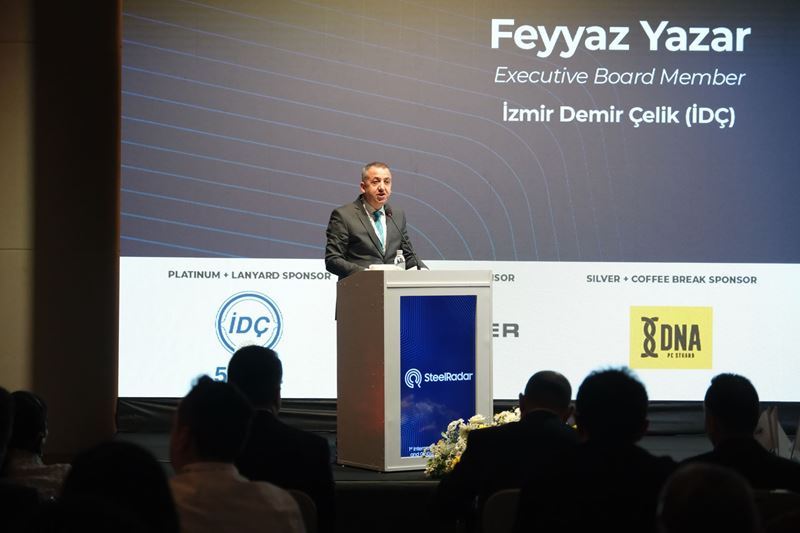
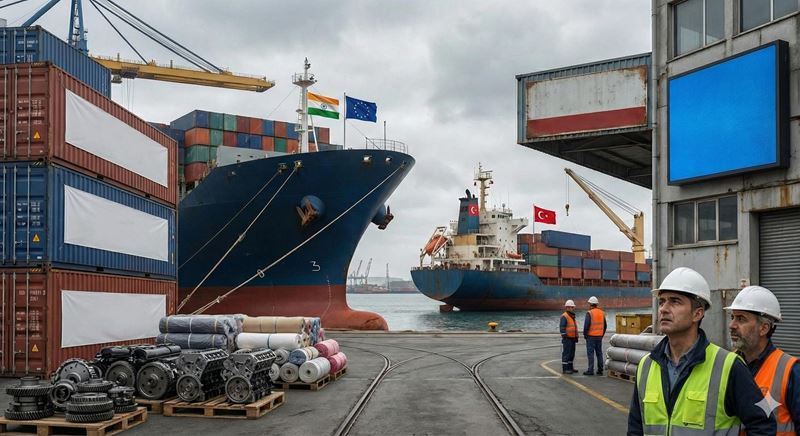
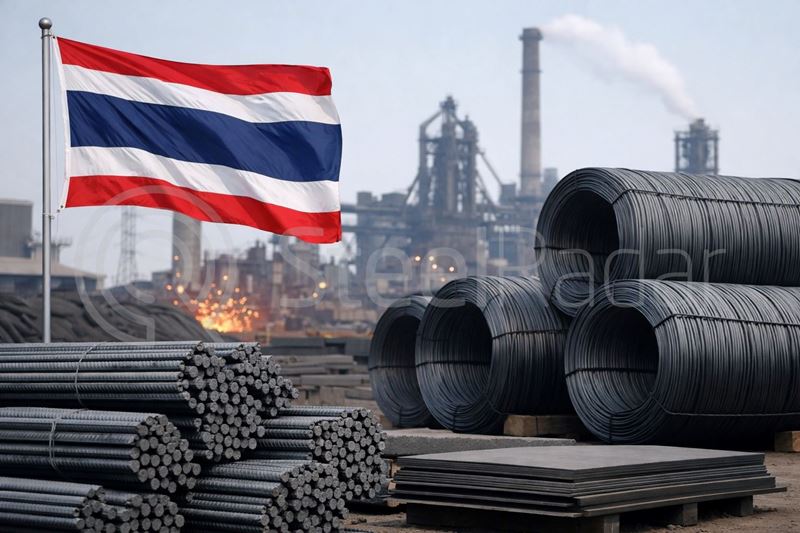
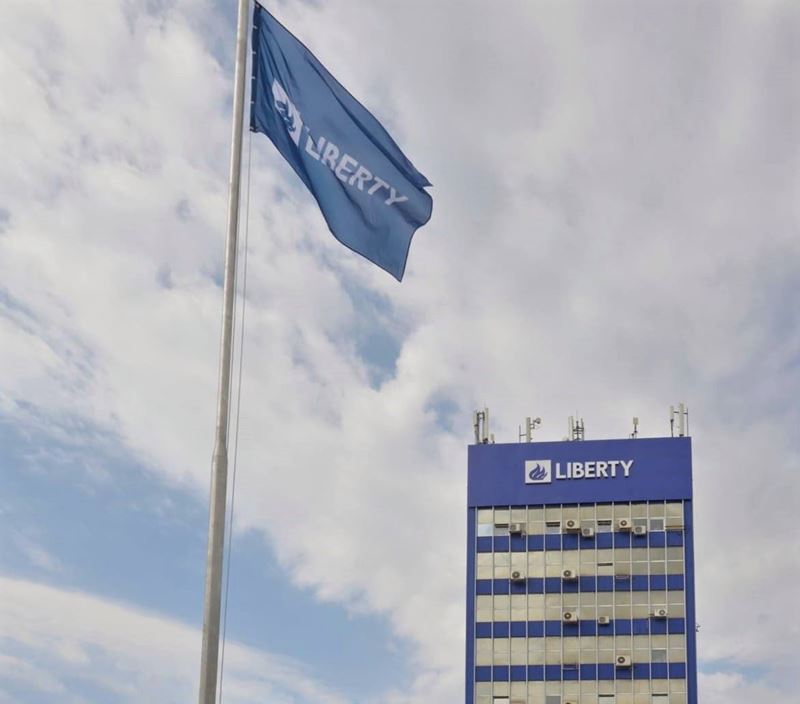
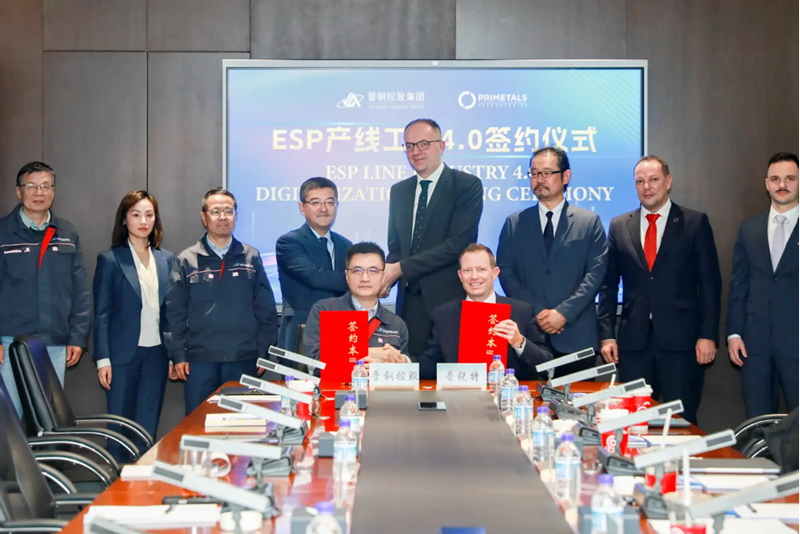
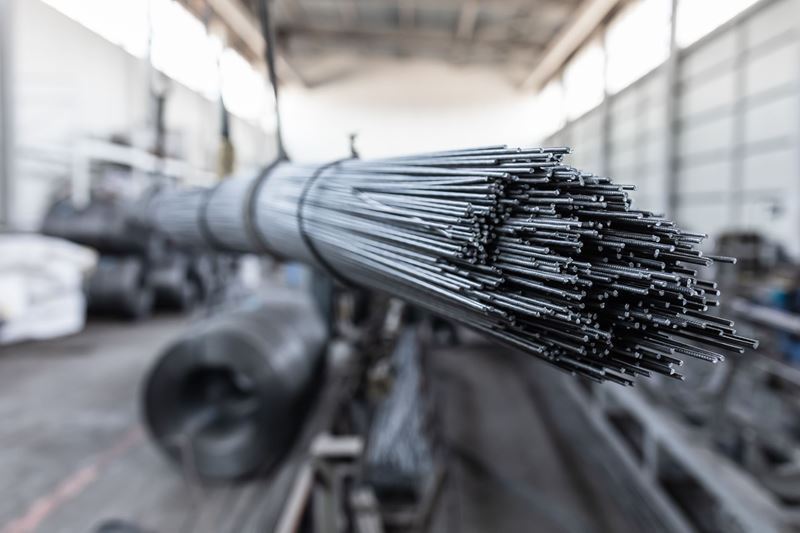


Comments
No comment yet.